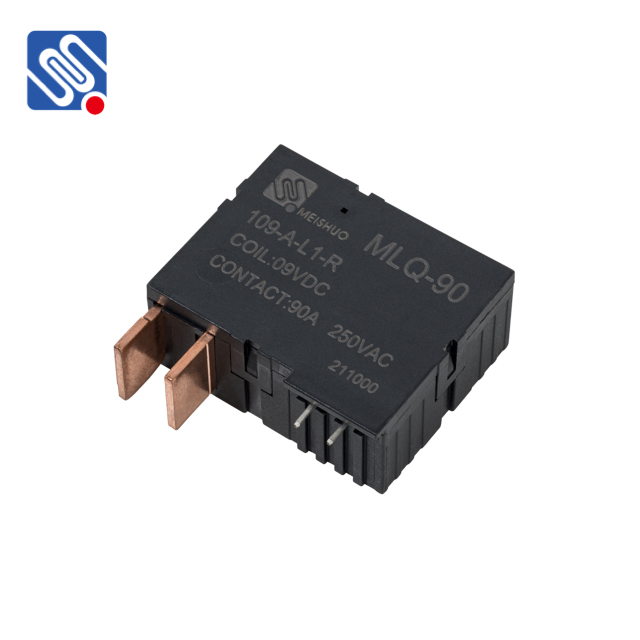relay reliability and the role of meishuo in enhancing performance
Release time:2025-05-14 09:26:39
Relay reliability is a critical concept in both telecommunications and electrical engineering. It refers to the consistent and dependable performance of relay systems, which are vital components in many networks, ensuring smooth operations and preventing failures. As industries become increasingly reliant on complex networks, maintaining relay reliability has become a top priority for system engineers. One key player that has recently gained attention in this area is Meishuo, a company offering advanced solutions for improving relay systems' dependability.

In the telecommunications industry, relays are used to facilitate the transfer of signals between various points in a network, often acting as intermediaries to boost signal strength and reduce losses over long distances. Reliability in this context means that the relay system should work without interruption, ensuring data is transmitted accurately and efficiently. The failure of any relay can lead to a loss of connection, resulting in costly downtimes and service disruptions. Therefore, the design and maintenance of these relay systems require a high degree of precision and care.
Electrical relays, on the other hand, are commonly used for switching and controlling electric circuits. These relays are often embedded in safety systems, such as circuit breakers and protection relays, to monitor and control power flows. Here, reliability is equally essential, as a malfunction in the relay could lead to short circuits, equipment damage, or even fires. The critical role of these relays cannot be overstated, and their failure is often a direct threat to both safety and financial stability.

